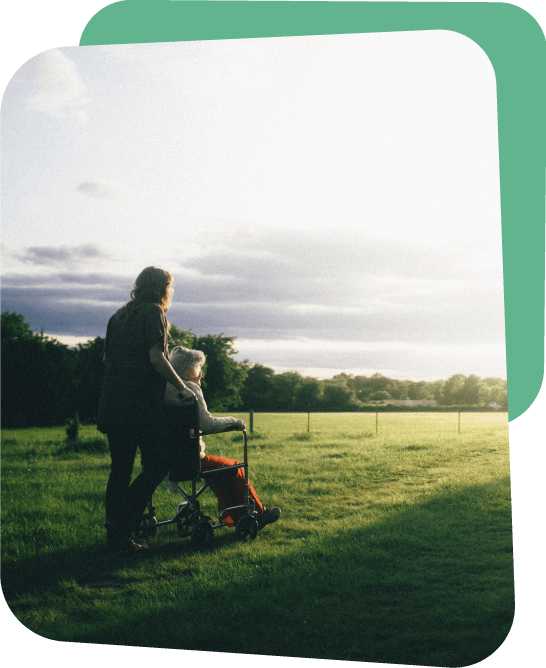
Who we can help
We can help people on low incomes, or with disabilities or other disadvantages with free legal advice. We provide free legal information to everyone in our community.
If you live along the Bay of Plenty coast, from Waihi to Te Kaha, then we can help you with your legal questions.
To find out whether we can make you an appointment for one-on-one legal advice we will need to find out more about your situation.
If you are under 18 or your question is about Māori Land law there are no financial criteria and we can give you one-on-one legal advice.
For all other issues, we will need to ask you some questions about your financial situation. If you’re a student, a beneficiary, unemployed, or on a low income, it’s likely that we can give you initial legal advice.
We also help people who are vulnerable in other ways, for example if you have trouble reading, if you’re homeless, transient or in a crisis living situation, if you come from a refugee background, if you’re adversely affected by disability, mobility issues or mental illness, or if you’re experiencing violence.
If you are unsure about whether we can help, the best thing to do is to contact us. The law can be complex and every situation is different.

